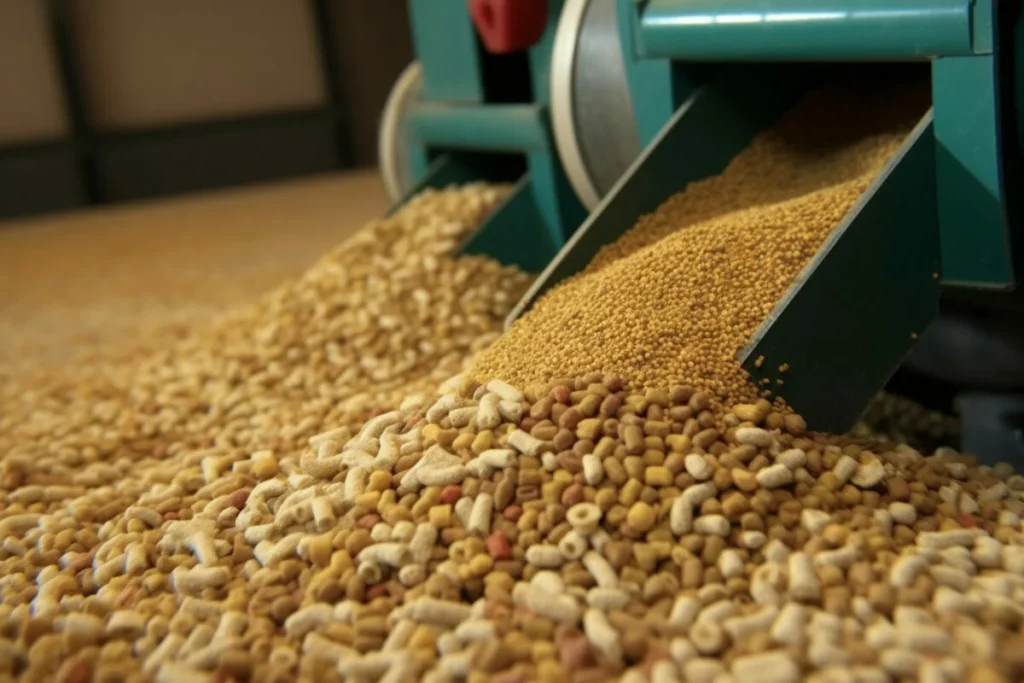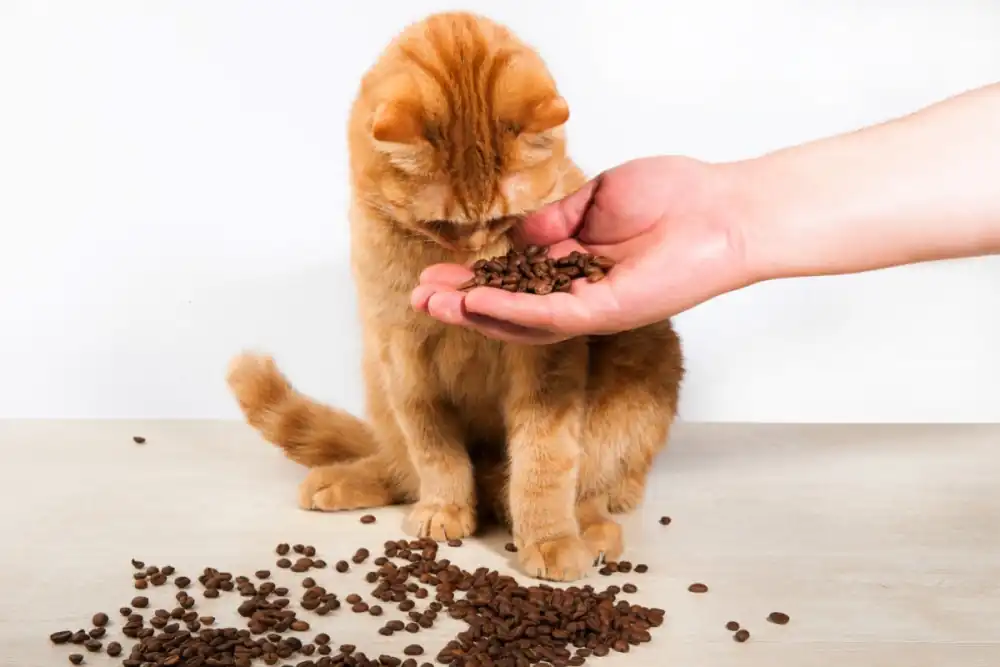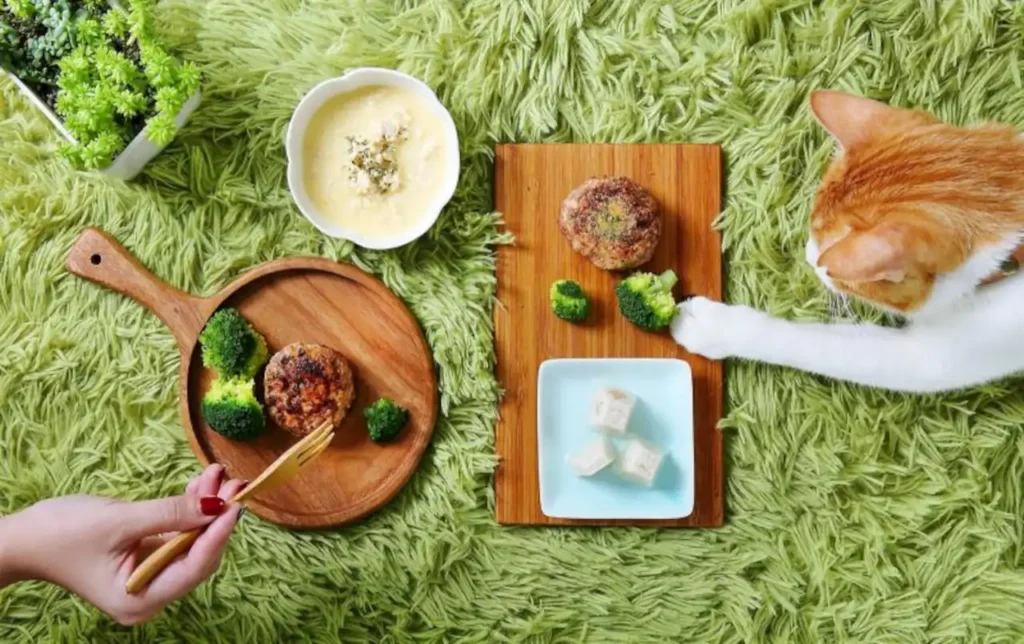What happens if your cat has Hypokalemia? All the fur kids in the country are scared! What should you do as an owner to protect your little one? What should you do if he’s still a kitten, and is the 2024 cat food recommendation still reliable? The food safety crisis is a serious one! Let’s take you on a journey through the fog!
In recent years, the safety of cat food has become a major concern for cat owners. Poor quality cat food can lead to health problems in cats, especially hypokalemia. Hypokalemia can cause loss of appetite, muscle weakness, and even serious heart problems, threatening the life of your cat!
To help your cat grow up healthily, your veterinarian will teach you “3 Tips for Choosing Cat Food to Avoid Hypokalemia”, and in this article, you will learn about “Symptoms of Hypokalemia in Cats”, “Common Causes of Hypokalemia in Cats? How to Determine Hypokalemia in Cats? Let’s learn more about how to choose a quality cat food. Let’s learn how to choose a high quality and safe cat food to ensure the best nutrition for your cat.

What are the symptoms of feline hypokalemia?
Common Symptoms of Feline Hypokalemia
Feline hypokalemia is a common health problem in cats, and its symptoms are varied and far-reaching.
Common symptoms of feline hypokalemia include loss of appetite, weight loss, muscle weakness, inability to walk properly, and even serious heart problems such as arrhythmia. In addition, cats may exhibit depression, lethargy and unresponsiveness.
These symptoms not only affect your cat’s daily life, but can also be life-threatening. Owners should pay special attention to the quality of their cat’s diet and choose a high quality cat food to ensure that their cats are getting enough potassium to maintain good health.
What is the normal potassium level for cats?
The normal range for potassium in cats is between 3.5 and 5.5 mmol/L, below which hypokalemia may occur.
However! There are many factors that can cause the value to change, so if the value fluctuates, don’t panic. We recommend that you consult a clinical veterinarian to evaluate the value based on your cat’s physical and physiological conditions!
Common Causes of Low Potassium in Cats? How to Determine?
Common Causes of Low Potassium in Cats
There are many common causes of low potassium in cats, including an unbalanced diet, kidney disease and prolonged use of certain medications.
Poor quality or inappropriate cat food may not have enough potassium, which can lead to potassium deficiency in your cat’s body.
Kidney disease can affect the excretion of potassium, resulting in excessive potassium loss.
Certain medications such as diuretics and corticosteroids can increase the excretion of potassium, which can lead to low blood potassium if used for long periods of time.
Therefore, it is recommended that you choose a high quality cat food, check your cat’s health regularly, and be careful with medications to ensure that your cat is getting enough potassium to avoid the risk of hypokalemia!
What should I do if I find something strange in my cat at home?
If you find something strange in your cat at home, your veterinarian suggests that you follow these five steps and bring your cat to your veterinarian for a checkup, but don’t panic just yet!
Step 1 Observe your cat’s diet, urine, stool and vitality to see if there are any abnormalities.
Step 2 Record the brands of feeds and canned goods your cat has used, and the reactions after use.
Step 3 Organize your cat’s blood test reports.
Step 4 If you suspect the feed is defective, keep the package inspection and proof of purchase.
step 5If you suspect that your cat’s health is in trouble, go to a doctor you trust for a consultation and examination!
How do veterinarians diagnose Hypokalemia in cats?
The process of diagnosing hypokalemia in cats is quite complex and requires a thorough evaluation based on the cat’s physical condition and the various tests performed. Therefore, in addition to the five steps mentioned above, owners should take their cats to a professional veterinary hospital for a checkup when their cats show abnormalities, so as to avoid deterioration of the condition or excessive panic if they make their own judgment.

If your cat shows any of the following symptoms, you should also talk to your veterinarian:
1️⃣ Loss of interest in food or lack of eating
2️⃣ Weakness in the limbs
3️⃣ Drinking more water than usual
4️⃣ Unusual increase in urination
5️⃣ Persistent vomiting (or intermittent vomiting)
These symptoms may be a sign that your cat has low blood potassium, and early diagnosis and treatment is best for your cat!
Veterinarians can teach you 3 tips for choosing cat feeds to keep cats away from hypokalemia!

Tip 1: Choose feeds that have a HACCP food management system.
If you are concerned about food safety, you must have heard of the HACCP food management system!
Choosing cat food with HACCP is the key to ensuring the safety and quality of your cat’s feed, and the HACCP system ensures the sanitary and nutritional quality of your cat’s feed through a strict food safety control process that monitors every step of the feed production process, preventing and eliminating potential hazards.
This not only helps to prevent feline hypokalemia, but also improves the overall health of your cat. Choosing this kind of feed is an important step for owners to be responsible for their cats’ health!
Tip 2: Choose a brand-name feed
Choosing a major brand of cat food is the number one way to avoid hypokalemia in cats!
Famous brands usually have strict quality control and scientific formulas to ensure that the nutrients in the feed are balanced and stable. These brands have been professionally tested and vetted to provide sufficient potassium for the healthy growth of your cat. In addition, large brands usually have a good reputation and a wide range of market names, so there is more protection when purchasing.
Therefore, choosing a major brand not only gives owners peace of mind, but also allows cats to enjoy a high-quality source of nutrients and stay away from the risk of hypokalemia.
Tip 3: Fresh Food
In addition to purchasing feed, veterinarians also recommend that you provide your cat with fresh food.
According to how much protein and nutrients your pet needs, you can supplement it yourself, but you should pay special attention to cooking fresh food. Veterinarians recommend that you don’t give grapes, onions, chocolate or cocoa, and that you don’t give meat to cows, goats, pigs or chickens, and that you don’t give your pet anything that is indigestible, as it is cheaper to cook it than to buy feed.
